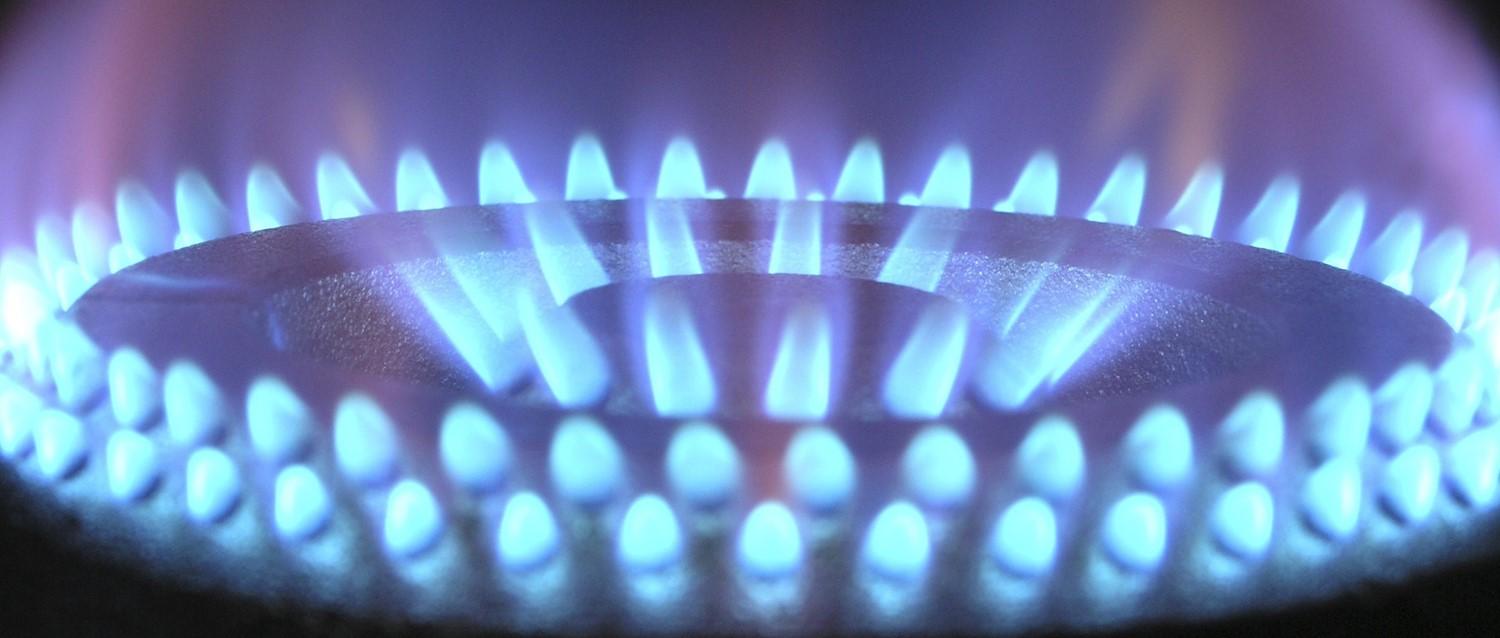
Can central heating cause health problems?
Peer reviewed by Dr Sarah Jarvis MBE, FRCGPLast updated by Lydia SmithLast updated 21 Oct 2021
Meets Patient’s editorial guidelines
- DownloadDownload
- Share
- Language
- Discussion
When it gets cold, many of us turn the central heating up in our homes without giving it a second thought. Yet while it's important to stay warm in winter, central heating can sometimes have an adverse impact on our health - particularly for those with asthma or skin problems.
In this article:
Continue reading below
Dry air and asthma
One of the key issues with central heating is that it can make cause very dry indoor air circulation. If you have a lung condition such as asthma, this can cause symptoms to flare up. "If you've got asthma, dry air can trigger coughing or shortness of breath," says Dr Sarah Jarvis, a GP and Clinical Director at Patient.info.
Dry air and COPD
Back to contentsPeople with chronic obstructive pulmonary disease (COPD) - the name for a group of lung conditions that cause breathing difficulties - may also be affected by dry air. In addition, children with an infection of the upper airway, called croup, may also experience increased breathing problems or coughing.
Continue reading below
Can central heating cause sinus problems?
Back to contentsCentral heating can also irritate the nose, which can exacerbate sinus infections. "If you have sinusitis, central heating dries out your sinuses, which can lead to a worsening of the condition," says Jarvis.
"Normally the lining of your nose and sinuses has a layer of mucus on top of these little hairs called cilia. The problem is, if you dry out the atmosphere too much the mucus becomes very dry and sticky. That basically turns it into glue and means the hairs can't shift it backwards into your throat. It can leave you with blocked sinuses and sinusitis. If the nostrils become too dry, you can also end up with scabs and nosebleeds."
Dry air and red eyes
Back to contentsIn addition, central heating can lead to dry eyes or itchy eyes which can be uncomfortable. "If your eyes are very dry, it can also make them gritty. There is normally a tear film but if the atmosphere is dry, that can get reduced," explains Jarvis.
A room that's too hot can also lead to dehydration and, as a result, headaches or if you are prone to them, migraines.
Continue reading below
What is the ideal room temperature?
Back to contents"While high temperatures can be bad for your health, so are cold rooms. Therefore it is important to find a comfortable temperature. A recommended room temperature is about 18°C for your bedroom and 21°C for your living room, which will not only benefit your health but help to lower your energy bills too," says Jarvis.
Some people may be more at risk from cold temperatures. As we get older, it becomes harder for our bodies to detect how cold we are. It also takes longer to warm up, which can be bad for our health. For older people in particular, the longer the exposure to the cold, the more risk of heart attacks, strokes, pneumonia, worsening arthritis and increased accidents at home due to weakness in the hands or feet.
Additionally, cold air can worsen many health problems, so it is important to find a happy medium with your central heating. Cold, dry air can trigger asthma and breathing problems, and worsen skin problems. Cold weather also acts as a vasoconstrictor, which means it narrows blood vessels and potentially affects blood supply. This raises the risk of a heart attack.
"If you go from a very hot environment to a very cold one, that can be very bad, especially if you're at risk of heart disease. Heart attacks tend to be more common in cold weather," says Jarvis.
"That's more of an issue for people at higher risk, who go from very hot to very cold. So if you're trying to economise and you've got one room that's really hot and the rest of the house is freezing, that can cause a problem. For instance, it's a good idea to turn the heating on in your bedroom an hour before you turn in, so it's at 18°C."
Can radiators impact respiratory health?
Back to contentsAlthough radiators are effective at heating up a room, they can also impact your respiratory health. Radiators heat the air in a room and as the air warms up, it rises in a process known as convection. This causes the warm air to move, which can circulate dust around the room.
"If dust is circulated around the room, you can end up inhaling it, which can worsen asthma symptoms," says Jarvis. Breathing in dust particles can potentially trigger allergies too.
Central heating and skin conditions
Back to contentsCentral heating reduces indoor humidity by drying out the air as the room temperature increases, which can worsen certain skin conditions and cause dry skin.
"In people with eczema, a condition in which the skin barrier is impaired and unable to retain adequate levels of moisture, this drying effect can trigger flares," says Dr Derrick Phillips, a consultant dermatologist and British Skin Foundation spokesperson.
"People with dry, sensitive skin may also notice increased levels of irritation during the winter months when the heating is left on."
How to avoid health problems while staying warm
Back to contentsMoisturise skin
"The risk of eczema flares or skin irritation can be reduced by moisturising regularly, using ointments and creams instead of lotions," says Phillips.
"Purchasing a humidifier or placing a bowl of water near heaters to regulate the amount of water vapour in the air can also help."
Phillips also recommends avoiding sitting directly in front of heaters too.
Turn the heating down slightly
Depending on the temperature outside and how cold your home is, it can help to turn down your heating a little if you are experiencing adverse effects.
"Lowering the central heating and wearing more layers will also reduce the risk of exacerbations. However, it may not always be practical," Phillips adds.
It is very important to stay warm enough as the temperatures drop in winter to avoid health problems such as hypothermia. Cold weather can make some health problems worse and even lead to serious complications, especially if you are over 65 or if you have a long-term health condition.
Try an alternative to radiators
If you do struggle with breathing problems, you might want to consider an alternative to radiators, such as infrared heating panels or underfloor heating. Rather than heating the air in a room, infrared heating panels directly warm up the people and objects within it. This process means that dust is less likely to circulate when you put the heating on.
"Electric radiators may be considered as an alternative to central heating - they transmit part of their warmth via radiation, which has less of a drying effect on air," says Phillips.
Drink plenty of water
In the summer, the warmer temperatures can encourage and remind us to drink fluids, but it can be easy to forget and become dehydrated in the colder months.
It's important to drink at least 6-8 glasses of non-alcoholic fluid (water is ideal) a day, which will also lessen the risks of headaches too.
Video picks for Environmental conditions
Patient picks for Environmental conditions

General health and lifestyle
What is weather change sickness?
If you've ever felt under the weather when the seasons change - or when temperatures have significantly soared or plummeted - then you're not alone. Weather change sickness describes the effects of dramatic changes in weather on our physical health. While these changes alone can't directly make us ill, they are linked to several factors that can make us feel run-down at different points of the year.
by Amberley Davis

General health and lifestyle
What is fuel poverty and how does it affect our health?
The soaring cost of living and rise in gas prices has led to a surge in the number of households struggling to afford heat and electricity. The energy crisis has led to a sharp rise in fuel poverty, but what exactly does this mean?
by Lydia Smith
Continue reading below
Article history
The information on this page is peer reviewed by qualified clinicians.
21 Oct 2021 | Latest version

Ask, share, connect.
Browse discussions, ask questions, and share experiences across hundreds of health topics.

Feeling unwell?
Assess your symptoms online for free
Sign up to the Patient newsletter
Your weekly dose of clear, trustworthy health advice - written to help you feel informed, confident and in control.
By subscribing you accept our Privacy Policy. You can unsubscribe at any time. We never sell your data.